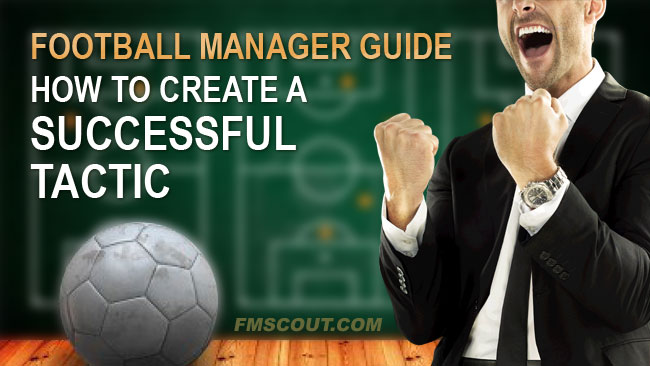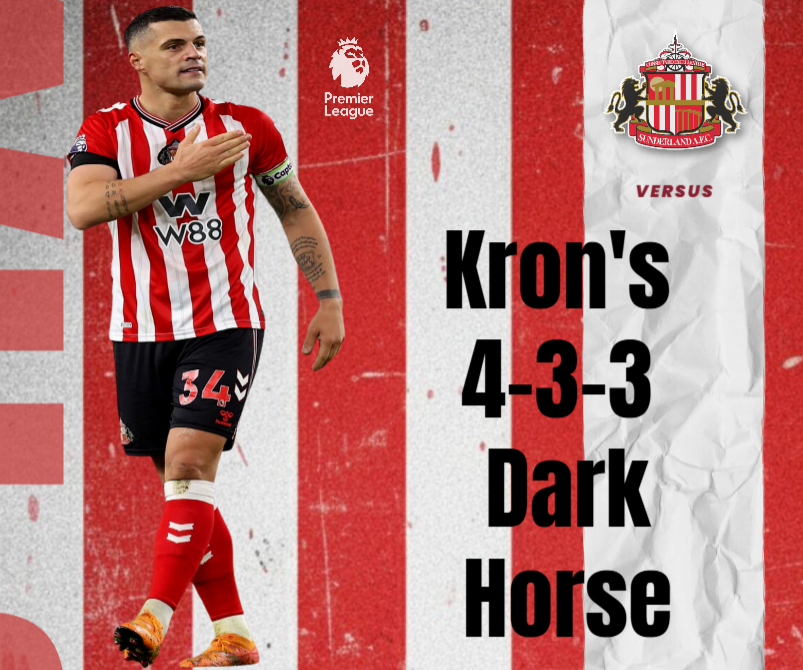
Team-talks
Written by JusticeTeam-talks are what can make or break your season. In my opinion, it is one of the most important ways of keeping your squad motivated and determined throughout the season, especially when it feels like the season just keeps dragging on and on with no relief. There are many different scenarios which you will face, and you will need to choose your team-talk accordingly in order to get the best out of your players.
Your team is struggling
Let’s say your team has been struggling in recent fixtures and you have found yourself in a drop of form, your team will find it very difficult to get the confidence back to break their bad run, or you are struggling to break the deadlock in a tough fixture. It is a popular belief that the “hairdryer treatment” is the correct solution for this situation, when, in fact, it usually isn’t. You need to be calm and encouraging, letting the players know that you have faith in them to improve their form. You need to instill belief in to your squad instead of fear, although that can work at times, but not often enough to consider an aggressive approach to team talks a success, in my opinion.Your team didn't perform as expected
An aggressive approach might not work when your team’s morale is down the drain, but it can work if your team is playing complacently and making silly mistakes. For example, if you are playing against a much weaker team but you find yourself on the wrong side of a hammering, your team needs an aggressive team-talk to make them understand that they alone were at fault for the defeat. You do need to be careful with aggressive team-talks because if you deliver them in the wrong situation, your team’s morale will suffer enormously.Your team barely wins a game you expected to win
Now that we have covered what sort of team-talks you should say when your team is struggling or didn’t perform when you expected them to, let’s discuss what sort of team-talks are needed when your team wins a game. If your team won a game which they were expected to win and by a score-line which they were expected to win by, praise them calmly. You do not want them to become over-confident and complacent, you want them to know that they did what was expected of them well, but it was nothing special.Your team pulls off a shock win
If your team has performed admirably and gotten a result to be proud of, a passionate team-talk can really help to boost your players’ morale that bit more. A passionate team-talk will make your team realise that the result which they earned was one to be proud of, and they will be filled with confidence and joy, ready to take on their next opponents.Your team is playing nervously
There will come a time where you will be facing a team which can really damage your’s, and your players are nervous going in to the game. In this situation, you should calmly tell your players to stay relaxed and play their football. If your players can play with a settled mind, they will have no additional weight on their shoulders and they can play freely. This is particularly useful for cup finals or derby games, where there is an added intensity to the fixture.This was a brief summary of the sort of team-talks you can use in Football Manager, and when to use them. It does take a while to master the art of team-talks, but it is an invaluable skill to have, and one that you will be grateful to have developed. Be wise and be careful with your team-talks, as they can indeed make or break your team’s season.










Discussion: How to create a successful tactic on Football Manager
19 comments have been posted so far.
Change Log 27/05/2017
5. Team Instructions - Completely revamped to reflect recent changes in FM
14. Sideline Shouts - Page added to reflect importance of sideline shouts
but anyway, I still confuse. about attack near post and near post flick on,what kindof player should be suite? I mean, if we have good header,then why we ask him to flick instead of attack directly to the goal?and if we have player at far post who great header,why we didnt give the ball to him,but flick from near post instead?
and what about stand on far post? I quite didnt understand. so this just distraction? not the goal scorer?
how about attack from deep?
Freekicks:
I'm afraid that you're unable to have two free kick takers for the time being ( at least, to my knowledge), so you would have to suffice with having one of Ronaldo / Bale taking both free kicks around the box, as well as further up field.
Aiming a free kick towards the best header is normally used when a shooting opportunity is not on - so, for example, if a free-kick is from a wider position, the free-kick will be aimed towards the player who has the best heading attributes.
Taking a long free-kick means that if you have the ball deep in your opponents half, the ball will be passed up field in a more direct manner, instead of passing the ball short, and keeping hold possession. Choosing a long freekick is best if you're playing a more direct tactic, where as a short free kick is best if you have players that can play with a fast tempo and small passes.
Corners:
A near post flick would require a player to essentially 'flick' the ball backwards towards either the center of the box, or towards the far post - a good example of this in real life could be seen with Manchester City. Often during matches Demichelis flicks the ball backwards for someone else to score. If you were to use this, then make sure to have players placed both centrally and attacking the back post.
Attacking near post is where the player attack the ball at the near post in an attempt to score. This differs to the near post flick on as the near post flick on does not try to score - simply move the ball on in order to allow someone else to score. If you're going to use this, then make sure the player who's attacking the near post has good attributes in the following areas: Heading, Jumping reach and strength. Other attributes that can be included are Balance and Bravery.
I hope this cleared things up for you! :-)
I don't think that there is a way of setting different players to take long and short range free kicks. Usually, the players that are good at free kicks tend to be
corner kicks too. Also, long will play a long ball into the box as far as they can, whereas best header will go higher, for the best header of the ball to jump up and head it as no one else can reach,
The difference between each of these is actually quite big. Attack near post will make your player run to the near post and attempt to head the ball in. On the other hand, near post flick on will make the player at the near post head the ball to the far post over the defenders instead of shooting himself. Attack far post is similar to attack near post, as the players will try to head the ball in at the far post, and I think Stand on far post will attempt to distract other team defenders and create space in the area.
Free Kick
my problem on this set piece ,is , FM is sometime unreasonable. for the free kick from very long distance,where player would pass it to another team mate instead of shot on goal, they put my free kick taker here,which is not effetive. I mean,if you see real madrid , they would put cristiano ronaldo or gareth bale as free kick taker ,from reasonable range to shot on goal. if the free kick place is too far to be shooted, then xabi would take instead ,so he could aim the ball better. but in fm, this doesnt happen. all free kick would taken by ronaldo ,except the free kick from touchline..
any souliton?
I also didnt understand,what is "long" option on free kick aim optin mean?
couldnt it become "long and to best header"?
corner kick
any explanation about the different between "near post flick on" and attach near post?
how about "atack from deep and lurk outside area'?
and "attack far post" with "stand on far post"?
I didnt know which is the right time to chose them.
Kudos!
@Bert: Thank you for contributing. We have some new guides in the works, I'll ask you for more contributions soon
Thanks for this fantastic guide.
Just one thing I would like to mention... earlier, according to my experience it is not the best option to mark tightly a pacey opponent as they will be able to lose your defender who is not that fast...
what do you think?
Good read for the other sectors, and really good help in the parts that I'm not as comfortable with.
Nice guide all round!